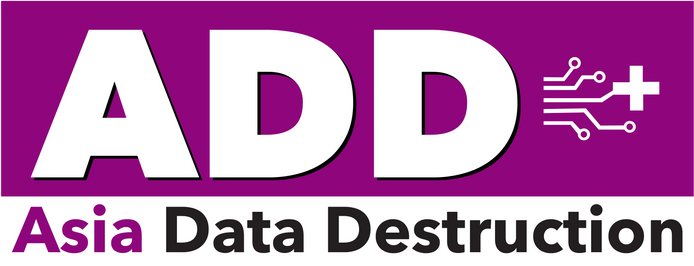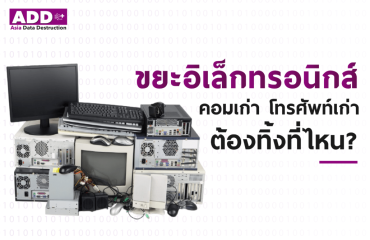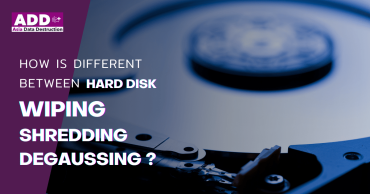What is Linear Economy?
The Linear Economy is an economy in which resources are extracted from nature, processed into products, consumed and disposed of as waste. It is a “take-make-waste” model in which resources are unlimited and disposal costs are low. in a linear economy Products are designed with a focus on maximizing immediate economic value. taking into account minimal environmental or social impacts throughout the product’s life cycle.
This approach leads to major environmental and social problems such as resource scarcity, pollution and climate change. Linear economies that rely on limited resources and waste generation are also becoming increasingly unsustainable. As population growth and consumption patterns continue to increase.
What is Recycling Economy?
Recycling Economy is an economy in which waste materials are reused. recycled or recycled into new products This reduces waste and conserve resources. It involves the design and implementation of systems and processes that enable the recovery and reuse of materials from waste.
in this economy The material will be rotated as long as possible. And waste is reduced through sustainable materials and production processes. This approach aims to reduce the environmental impact of economic activities. At the same time, it creates economic opportunities by creating new industries and jobs in the recycling sector.
The Recycling Economy is an important component of the Circular Economy, which aims to design waste and create a closed-loop system where materials are continuously reused. By adopting the recycling economy, countries can reduce their dependence on virgin materials. reduce greenhouse gas emissions and conserve natural resources
What is Circular Economy?
The Circular Economy is an idea aimed at designing a sustainable economic system. (Sustainability) by eliminating waste and keeping resources available for as long as possible. It is an alternative to the traditional economy (linear economy), where materials are extracted, used and disposed of as waste.
In the circular economy, products and materials are reused, repaired, refurbished and recycled in a closed loop. This means that raw materials are stored for use. and waste will be reduced The circular economy is based on three principles:
- waste and pollution disposal design
- Keep products and materials in use.
- restoring natural systems
This approach promotes efficient use of resources. reduce environmental impact and create economic and social benefits It also helps tackle global challenges such as climate change. depletion of resources and the loss of biodiversity.
How is the Circular Economy different from the Recycling Economy?
The Recycling Economy and the Circular Economy are both approaches to managing waste and promoting sustainability. Sustainability, but they are different concepts with different aims and approaches.
Recycling is the process of collecting, sorting, and processing materials to create new products. This approach focuses on diverting waste from landfills and reducing the need for virgin materials. Recycling can involve many types of materials. This includes plastic, metal, glass, paper and electronics.
Circular economy, on the other hand, is a broader concept that aims to design waste and create circular systems. This involves rethinking the entire life cycle of a product. from design to disposal To maximize value and minimize environmental impact. This means keeping the resources available for as long as possible. Reduce the use of virgin materials and promote the flow of materials and energy.
Although recycling is an important part of the circular economy, But it’s just one piece of the puzzle. The circular economy involves a more comprehensive change in the way we produce, consume and dispose of goods and services. It aims to create a more sustainable and resilient economy.
Asia Data Destruction, we reduce the environmental impact of IT equipment. by ensuring that hazardous materials are properly disposed of Valuable materials are recovered for efficient and sustainable reuse.
Turn your retired IT assets to money! let make the world a better place to live together.


 ไทย
ไทย 日本語
日本語 Tiếng Việt
Tiếng Việt ភាសាខ្មែរ
ភាសាខ្មែរ


